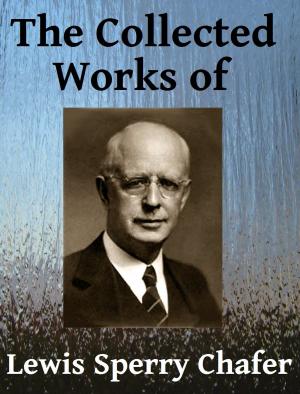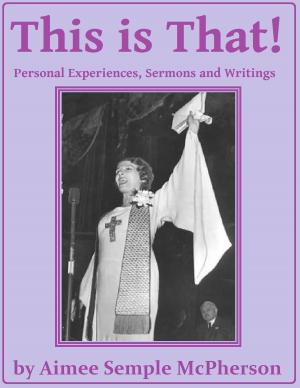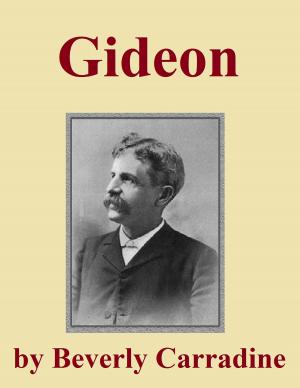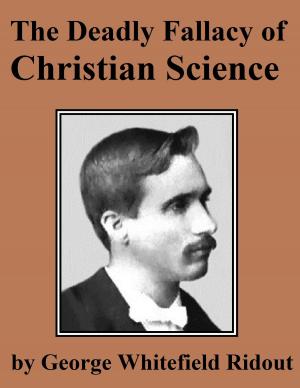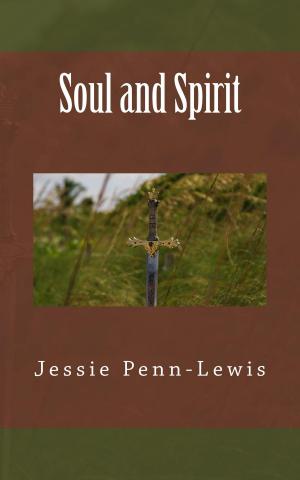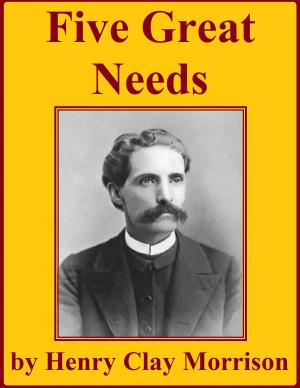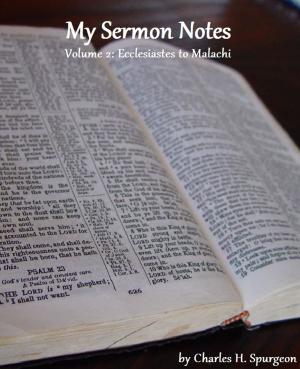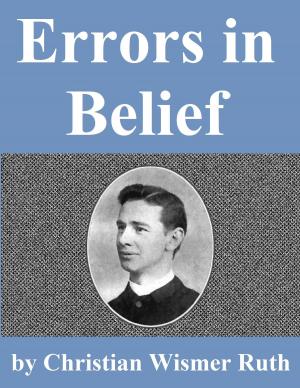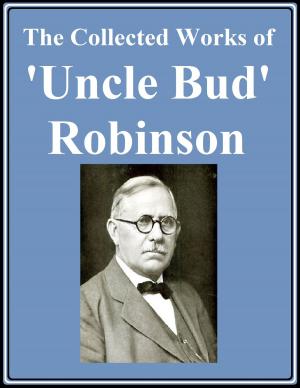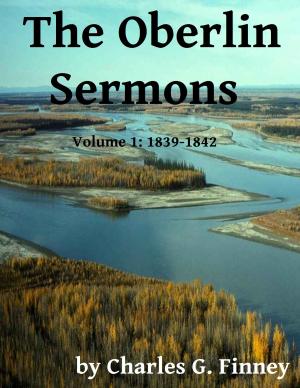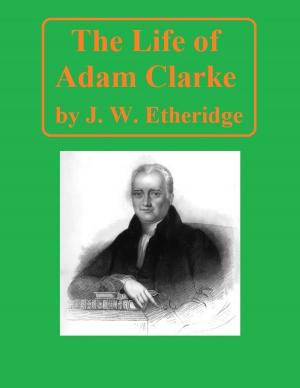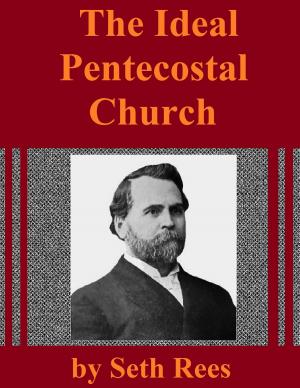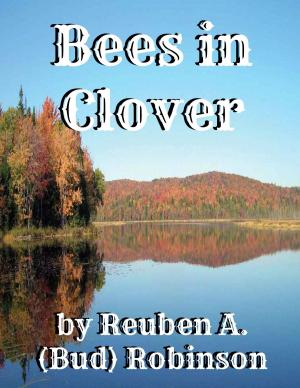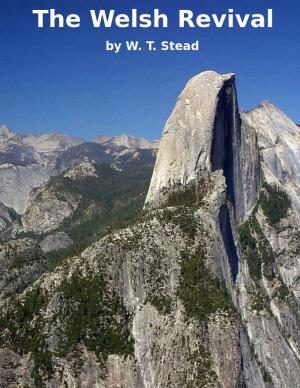Life Among The Indians
Nonfiction, Religion & Spirituality, Christianity, Missions & Missionary Work, Evangelism, History, Americas, Native American| Author: | J. B. Finley | ISBN: | 1230000310115 |
| Publisher: | Jawbone Digital | Publication: | March 10, 2015 |
| Imprint: | Language: | English |
| Author: | J. B. Finley |
| ISBN: | 1230000310115 |
| Publisher: | Jawbone Digital |
| Publication: | March 10, 2015 |
| Imprint: | |
| Language: | English |
From the author's preface:
No living man, probably, has seen and known more of the Indians in the northwest than myself. During almost seventy years I have been among them, as it were – have been acquainted with their principal men, studied their history, character, and manner of life. With me it has not been, as with most who have written about them, a mere matter of theory; for I have been among them, hunted and fished with them, ate and lodged in their wigwams, and been subjected to all the labors, excitements, perils, and privations of life among them. In this long experience and observation, I have gathered up many things which I thought worthy of record. Some of them occurred in my experience as a missionary among them.
Kentucky, Ohio, Indiana, and Michigan, were the great battlefields between barbarism and civilization in the west. My acquaintance extended over all these states; and there is scarcely a spot celebrated in Indian warfare which I have not visited again and again. Tales of Indian life and warfare were the entertainments of my childhood; the realities of these things were among the experiences of my manhood. Now, when the scene is nearly over with me on earth, I have gathered up these reminiscences of the past, to amuse and instruct the generations of a later age. Those who enjoy so goodly a heritage in this vast region ought to know through what trials and perils their forefathers obtained it for them.
I have endeavored to connect the facts narrated in these pages, so as to give a condensed view of Indian history in the northwest (the "northwest" of his day – DVM). In the preparation of the work I am indebted to Flint, McDonald, Drake, Schoolcraft, and others. Colonel McDonald's work was written at my suggestion, and a portion of the material was also furnished by me; consequently, I have felt free to draw upon it. The work of Mr. Flint is rich in the materials of history; but they are so entirely commingled and without system, as to detract much from its value.
This work is also out of print; and I have gleaned from it some narrations of interest. But the great body of the matter has been gleaned from my own resources – not a little of it, indeed, connected with my own experience.
Thus I send this work out, hoping that it embodies some historic elements and some practical lessons that may be useful to those who now live, and also to those who shall come after me.
Table of Contents are as follows:
Chapter 1: REMOVAL TO THE NORTHWESTERN TERRITORY
Chapter 2: INCIDENTS OF INDIAN LIFE AND WARFARE
Chapter 3: INDIAN CRUELTIES
Chapter 4: INDIAN TRIBES IN THE NORTH-WESTERN TERRITORY
Chapter 5: SIEGE OF DETROIT AND THE DEATH OF PONTIAC
Chapter 6: FALL OF MACKINAW AND CAPTIVITY OF MR. HENRY
Chapter 7: TECUMSEH AND HIS WAR
Chapter 8: DEATH OF TECUMSEH
Chapter 9: JOHN STEWART
Chapter 10: JOHN STEWART'S RETURN TO THE WYANDOTTS
Chapter 11: THE AUTHOR APPOINTED MISSIONARY TO THE WYANDOTTS
Chapter 12: VISIT TO NEIGHBORING TRIBES
Chapter 13: BISHOP McKENDREE IN THE MISSION
Chapter 14: EXCURSION TO THE NORTHERN TRIBES
Chapter 15: CONVERTED INDIANS ON A WINTER HUNT
Chapter 16: BISHOPS McKENDREE AND SOULE IN COUNCIL WITH THE INDIAN CHIEFS
Chapter 17: REMOVAL OF THE WYANDOTTS PROPOSED
Chapter 18: VISIT TO THE EAST WITH INDIAN CHIEFS
Chapter 19: DIVISION OF THE WYANDOTT LANDS
Chapter 20: BIOGRAPHICAL SKETCHES AND ANECDOTES
About the author:
James Bradley Finley was born in North Carolina, July 1, 1781 and was one of the most distinguished ministers of the M. E. Church in the West. He was converted in 1801, and in 1809 he was received on trial by the Western Conference, and traveled extensive fields of labor for six years. From 1816 to 1821 he was presiding elder of districts which embraced as much territory as an Annual Conference now contains. Through the instrumentality of a colored preacher (John Stewart) a revival had commenced among the Wyandott Indians at Upper Sandusky, O., and Finley was selected as a missionary to these "sons of the forest." This work he successfully prosecuted for six years, and from that time until 1845 he was preacher in the leading charges or was presiding elder of districts. At the solicitation of the directors of the Ohio penitentiary he was appointed chaplain, where he served three years and a half, until his health became impaired. He was elected eight times as delegate to the General Conference. He died Sept. 6, 1856. He was a man of great energy of character, of burning zeal, and of deep devotion to all the interests of the church. In quarterly meetings and at campmeetings he had great power over the masses, who were ofttimes wonderfully moved by his eloquence. He published several volumes, among which were an "Autobiography," "Wyandott Mission," "Sketches of Western Methodism," "Life among the Indians," and "Memorials of Prison Life."
From the author's preface:
No living man, probably, has seen and known more of the Indians in the northwest than myself. During almost seventy years I have been among them, as it were – have been acquainted with their principal men, studied their history, character, and manner of life. With me it has not been, as with most who have written about them, a mere matter of theory; for I have been among them, hunted and fished with them, ate and lodged in their wigwams, and been subjected to all the labors, excitements, perils, and privations of life among them. In this long experience and observation, I have gathered up many things which I thought worthy of record. Some of them occurred in my experience as a missionary among them.
Kentucky, Ohio, Indiana, and Michigan, were the great battlefields between barbarism and civilization in the west. My acquaintance extended over all these states; and there is scarcely a spot celebrated in Indian warfare which I have not visited again and again. Tales of Indian life and warfare were the entertainments of my childhood; the realities of these things were among the experiences of my manhood. Now, when the scene is nearly over with me on earth, I have gathered up these reminiscences of the past, to amuse and instruct the generations of a later age. Those who enjoy so goodly a heritage in this vast region ought to know through what trials and perils their forefathers obtained it for them.
I have endeavored to connect the facts narrated in these pages, so as to give a condensed view of Indian history in the northwest (the "northwest" of his day – DVM). In the preparation of the work I am indebted to Flint, McDonald, Drake, Schoolcraft, and others. Colonel McDonald's work was written at my suggestion, and a portion of the material was also furnished by me; consequently, I have felt free to draw upon it. The work of Mr. Flint is rich in the materials of history; but they are so entirely commingled and without system, as to detract much from its value.
This work is also out of print; and I have gleaned from it some narrations of interest. But the great body of the matter has been gleaned from my own resources – not a little of it, indeed, connected with my own experience.
Thus I send this work out, hoping that it embodies some historic elements and some practical lessons that may be useful to those who now live, and also to those who shall come after me.
Table of Contents are as follows:
Chapter 1: REMOVAL TO THE NORTHWESTERN TERRITORY
Chapter 2: INCIDENTS OF INDIAN LIFE AND WARFARE
Chapter 3: INDIAN CRUELTIES
Chapter 4: INDIAN TRIBES IN THE NORTH-WESTERN TERRITORY
Chapter 5: SIEGE OF DETROIT AND THE DEATH OF PONTIAC
Chapter 6: FALL OF MACKINAW AND CAPTIVITY OF MR. HENRY
Chapter 7: TECUMSEH AND HIS WAR
Chapter 8: DEATH OF TECUMSEH
Chapter 9: JOHN STEWART
Chapter 10: JOHN STEWART'S RETURN TO THE WYANDOTTS
Chapter 11: THE AUTHOR APPOINTED MISSIONARY TO THE WYANDOTTS
Chapter 12: VISIT TO NEIGHBORING TRIBES
Chapter 13: BISHOP McKENDREE IN THE MISSION
Chapter 14: EXCURSION TO THE NORTHERN TRIBES
Chapter 15: CONVERTED INDIANS ON A WINTER HUNT
Chapter 16: BISHOPS McKENDREE AND SOULE IN COUNCIL WITH THE INDIAN CHIEFS
Chapter 17: REMOVAL OF THE WYANDOTTS PROPOSED
Chapter 18: VISIT TO THE EAST WITH INDIAN CHIEFS
Chapter 19: DIVISION OF THE WYANDOTT LANDS
Chapter 20: BIOGRAPHICAL SKETCHES AND ANECDOTES
About the author:
James Bradley Finley was born in North Carolina, July 1, 1781 and was one of the most distinguished ministers of the M. E. Church in the West. He was converted in 1801, and in 1809 he was received on trial by the Western Conference, and traveled extensive fields of labor for six years. From 1816 to 1821 he was presiding elder of districts which embraced as much territory as an Annual Conference now contains. Through the instrumentality of a colored preacher (John Stewart) a revival had commenced among the Wyandott Indians at Upper Sandusky, O., and Finley was selected as a missionary to these "sons of the forest." This work he successfully prosecuted for six years, and from that time until 1845 he was preacher in the leading charges or was presiding elder of districts. At the solicitation of the directors of the Ohio penitentiary he was appointed chaplain, where he served three years and a half, until his health became impaired. He was elected eight times as delegate to the General Conference. He died Sept. 6, 1856. He was a man of great energy of character, of burning zeal, and of deep devotion to all the interests of the church. In quarterly meetings and at campmeetings he had great power over the masses, who were ofttimes wonderfully moved by his eloquence. He published several volumes, among which were an "Autobiography," "Wyandott Mission," "Sketches of Western Methodism," "Life among the Indians," and "Memorials of Prison Life."

